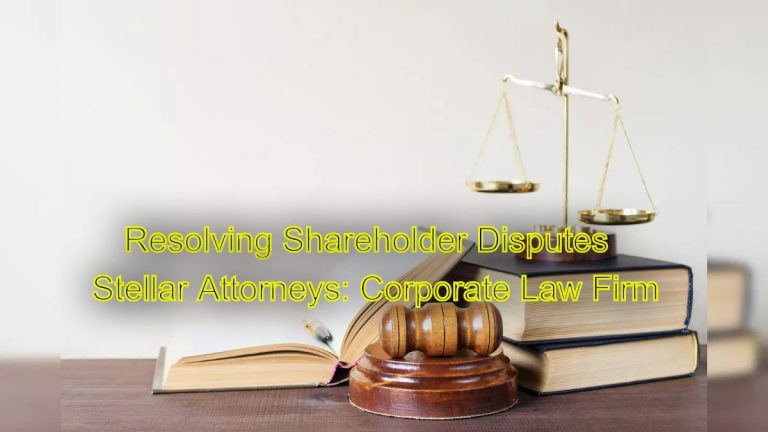Resolving Shareholder Disputes: Navigating the Shareholder Agreements Act
Resolving Shareholder Disputes: Shareholder disputes are an unfortunate reality in the corporate world. Disagreements among shareholders can arise from various issues, including differences in business strategy, conflicts of interest, and breaches of fiduciary duties. These disputes can have significant repercussions for the company, including financial losses, operational disruptions, and even the demise of the business….

